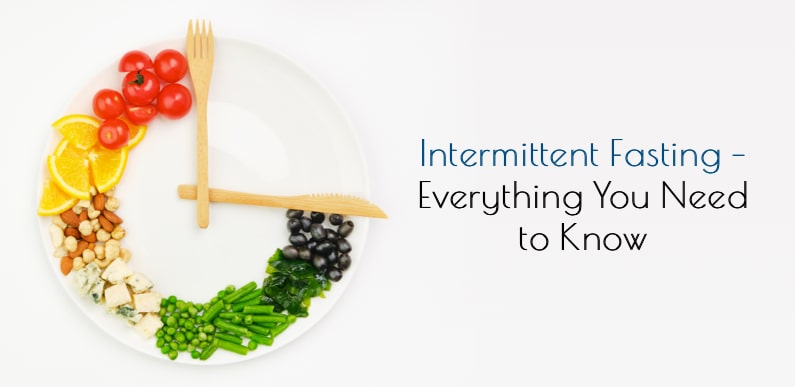How Often Should I Change My Macros?
We are currently moving a little less than we usually do. Let’s look at these times so that you can get a better sense of how often you should change macros. For some people, it may mean changing your macros every few weeks. While for others, it may mean changing them every month or two.
The answer to this question is it depends on the situation
Here are the instances you need to know
Instance #1: Your Fat Loss Has Stalled
Remember that as you continue with your diet, your body will begin to adapt to the amount of food you’re eating. Soon enough it may no longer produce the amount of weight loss that you desire. If this is the case, you’ll need to adjust your macros a bit downward. Make small diet changes at first, such as a slight reduction of five grams of carbs or fats from your daily intake.
Make the adjustment, wait a couple weeks, and then monitor progress.
Often this is enough to get your diet moving along again.
Instance #2: You’ve Lost A Significant Amount Of Weight
The second time that you may want to consider making diet changes if you’ve lost a significant amount of weight. For instance, let’s say you’ve lost FIFTY pounds.
At this new body weight, your calorie intake is simply going to be a lot lower to maintain this new body weight. Thus, you need to re-adjust your macros and only do it if you haven’t seen any progress or your energy level is low.
Instance #3: Your Goals Have Changed
If you were focusing on fat loss, but now that the months have passed and you have decided it’s time to focus on muscle gain instead.
If you are going to step up your game and start intensifying your workouts to boost your conditioning and performance. This may also be a great reason to shift macros around a bit.
As your workouts become more intense, you’ll be requiring more carbs. Also, protein to support the repair of the muscle tissues, enabling you to see ongoing results.
Instance #4: You’re Not Feeling As Well As You Could
If you’re constantly feeling drained in energy on an everyday basis. Also, if you aren’t recovering as fast as you prefer from your workout sessions. This could be more the reason to make a few diet changes.
Monitoring Fluctuations
You’ll be learning about your body, what types of foods it responds best to. It’s a smart move to be monitoring your progress. Taking a look at whether you need to make any shifts every two weeks or three weeks to determine if what you are doing is working or if you need to make an adjustment here or there. It’s crucial to remember that slow and steady is the route to go. Avoid making dramatic shifts as this can get harder to track and pinpoint where you need to be.
Click on this link https://fns360.live/category/weight-loss/ to read blogs on similar topics.






